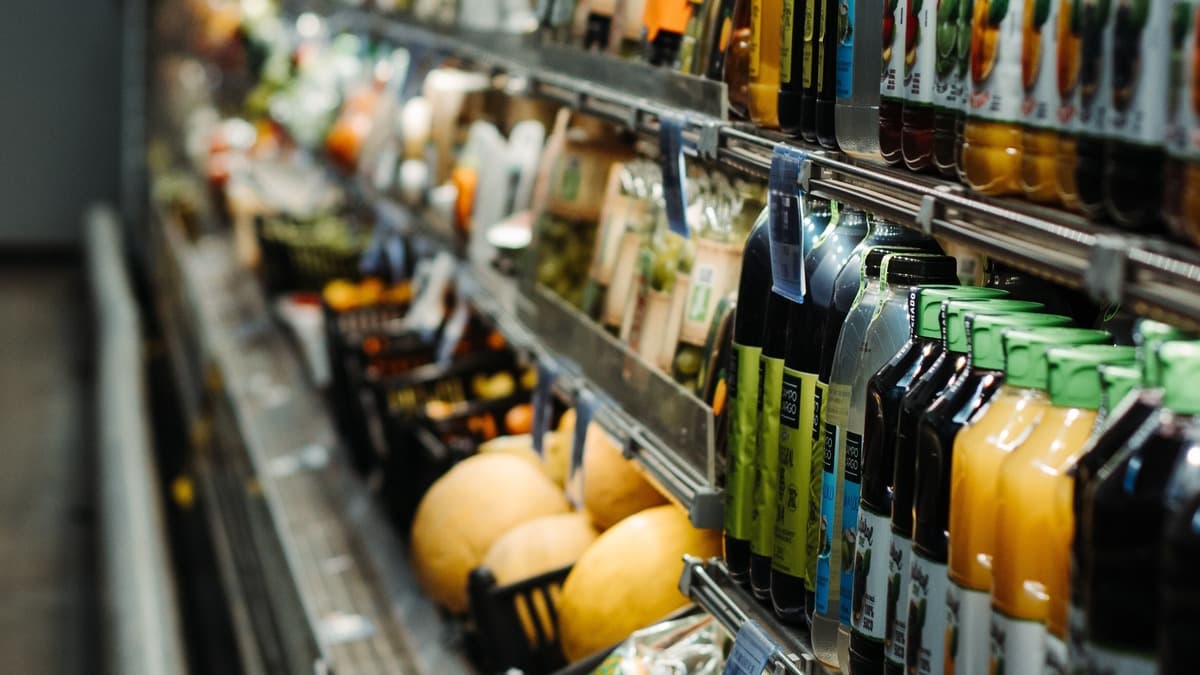Almost all online retailers are implementing strategies to mitigate the negative impact of reduced consumer spending, according to a recent survey.
The study revealed that 42 per cent of respondents plan to expand their product range, while 38 per cent are focused on improving their E-commerce stores. Additionally, 34 per cent intend to invest in marketing, while 31 per cent are looking to penetrate new markets.
A significant 31 per cent of respondents also prioritise the adoption of new technology to enhance customer service, including customer service chatbots and automated warehouse fulfilment. Other measures being taken include the introduction of more delivery options (18 per cent) and improvements to returns or exchange processes (15 per cent).
Despite inflation and rate increases, 2 in 3 Australian online retailers experienced revenue growth in 2022, and 9 in 10 are planning to invest more in their businesses to withstand current economic pressures. These investments include expanding their product offerings, enhancing their online customer experience, and providing additional delivery options.
The results of the survey were obtained from CouriersPlease, a prominent parcel delivery service provider, who surveyed 200 online retailers.
Richard Thame, CEO at CouriersPlease, says the results are encouraging and indicate online retailers’ commitment to their business growth.
“Online retailers are still enjoying the positive effects of the E-Commerce boom, and total revenue for the Australian market is forecasted to continue growing steadily year-on-year, with the market projected to reach US$35 billion by 2025. But the survey shows that retailers are not naïve to economic fluctuations and are acting now to prepare for potential future challenges.”
Investment priorities vary across states
In Queensland, almost half (48 per cent) of online retailers plan to expand their product range, compared to just 20 per cent of those in Western Australia. Meanwhile, in Victoria, 40 per cent of respondents plan to improve their E-commerce store, whereas only 27 per cent of those in South Australia and Western Australia have similar plans.
In 2022, 64 per cent of online retailers reported increased revenue, while 28 per cent maintained the same revenue as in 2021, and only 8 per cent reported lower revenue. Retailers based in NSW reported the highest increase in revenue (69 per cent), followed by Victoria (66 per cent) and Queensland (58 per cent).
Larger retailers were more likely to have increased their revenue in 2022, with 91 per cent of large retailers, 68 per cent of medium-sized retailers, 62 per cent of small retailers, and 53 per cent of micro retailers achieving the same.
Micro businesses and investment
One-fifth of micro businesses need to invest in their business to generate sales during an economic downturn. In comparison, only 10 per cent of medium-sized businesses and 4 per cent of small businesses will take the same approach. However, only some of the large businesses are willing to accept such a fate.
Richard says: “The link between scaling and investing in different areas of the business and a positive revenue report is clear. It makes sense that forward-looking online retailers in their business development will help keep their customers engaged and interested in their products and services.
“By offering new products, easier pathways through their E-Commerce store, or a range of delivery options, retailers provide customers with a positive user experience that can help convert sales and increase revenue, even during more challenging economic times.”
The full survey results, including age and State breakdowns, can be found here: Couriers Please Economic Pressures
Keep up to date with our stories on LinkedIn, Twitter, Facebook and Instagram.

